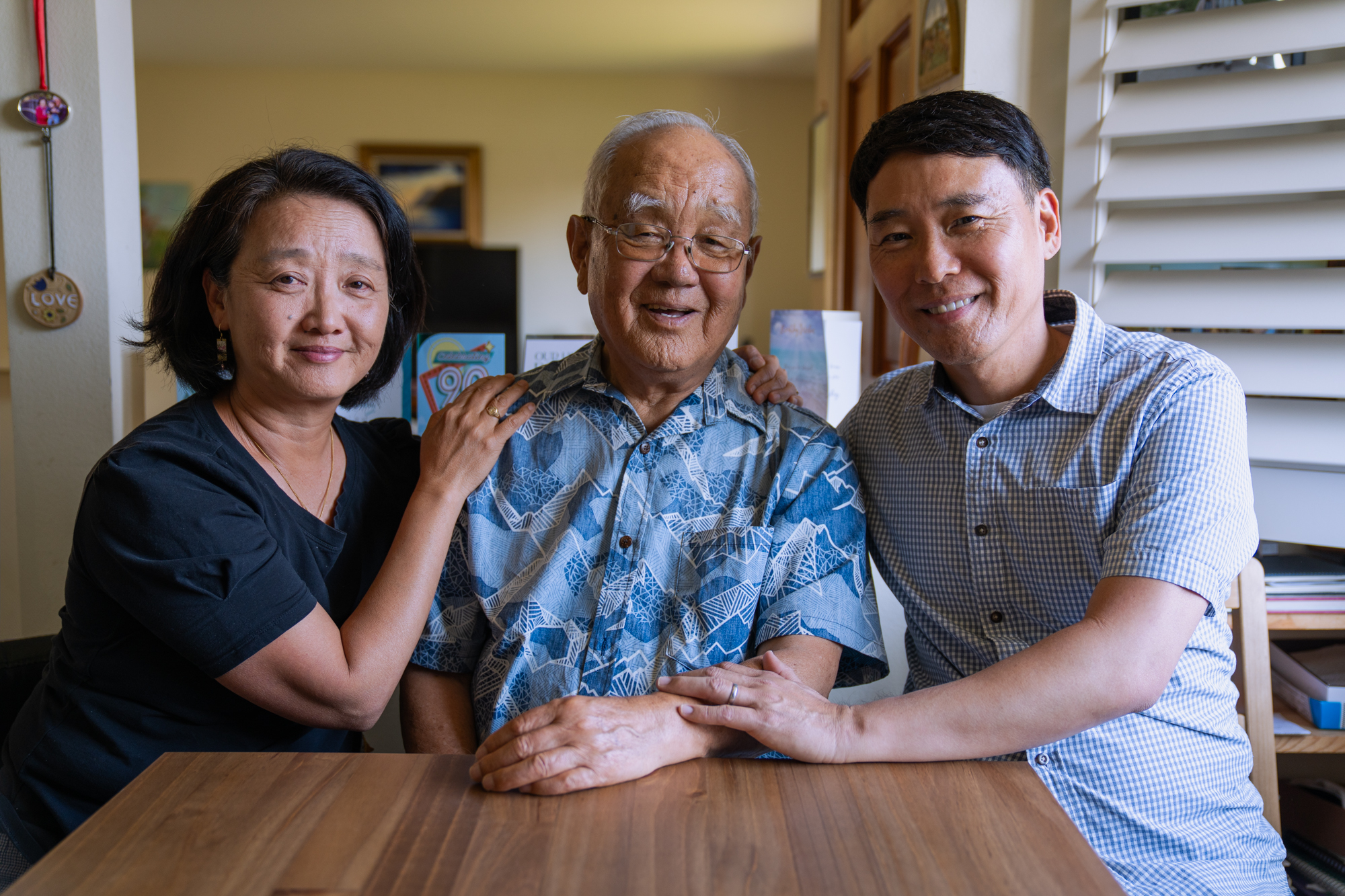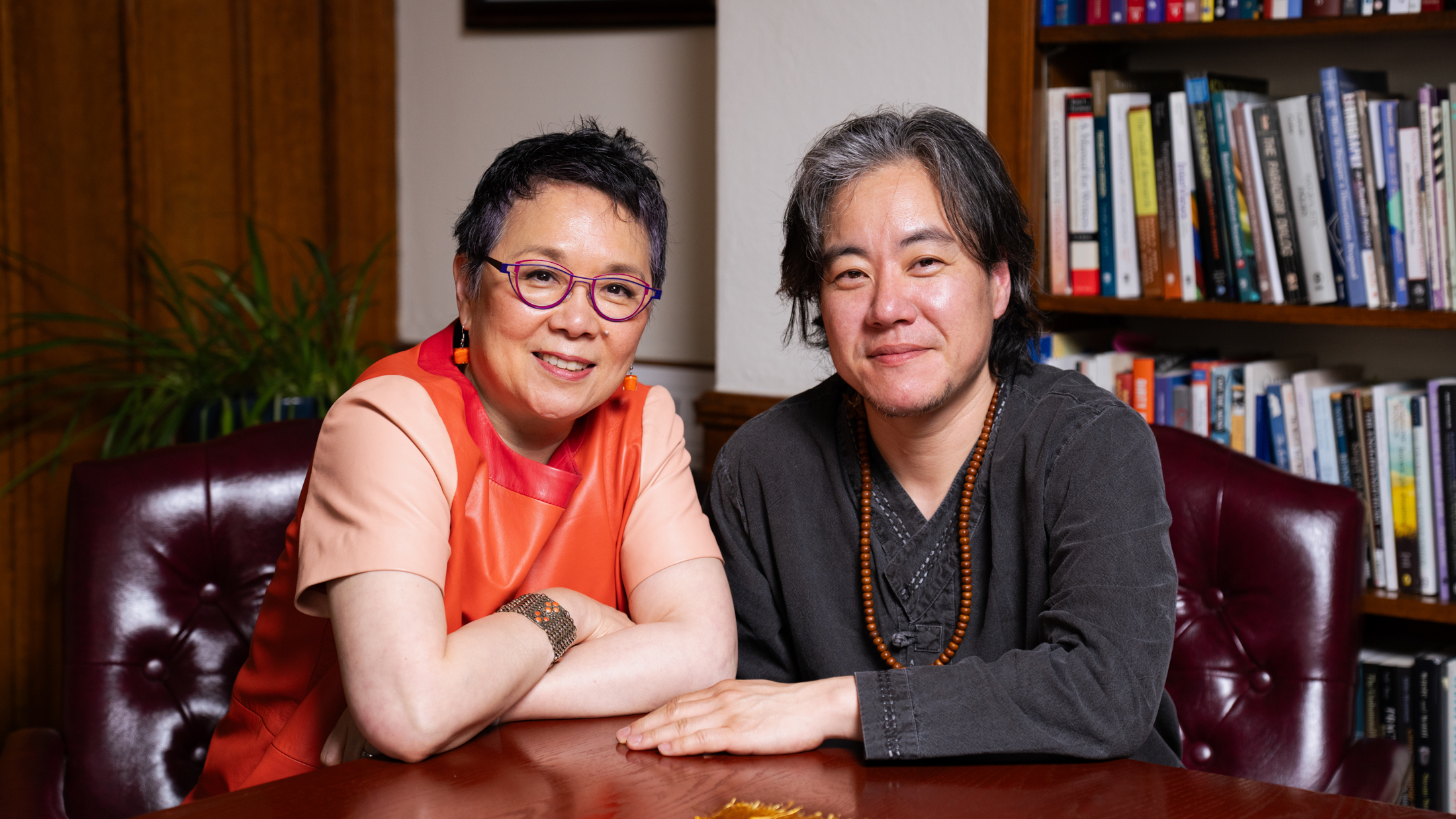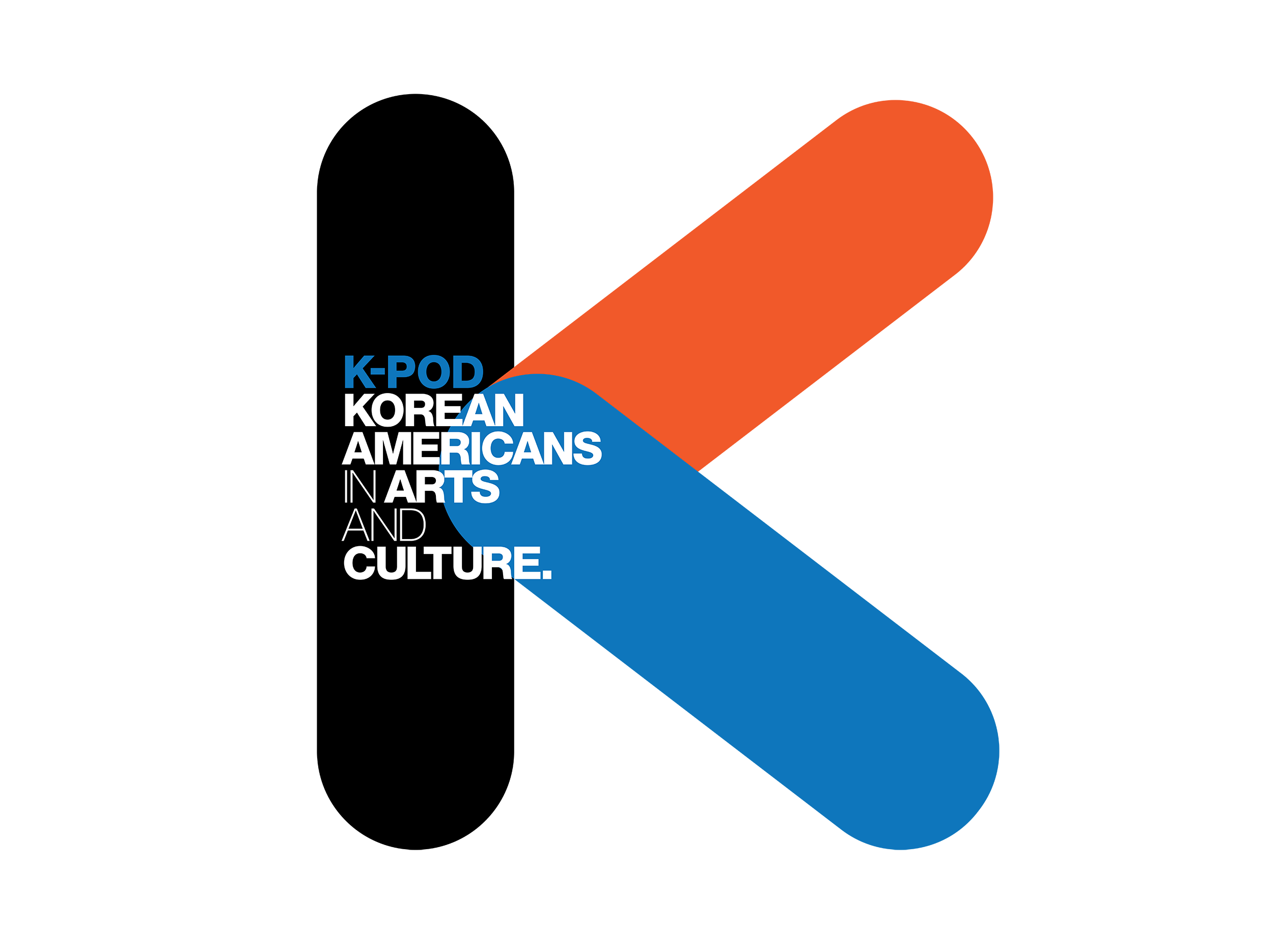
David Soon Ho Kwon
David Soon Ho Kwon was born in 1936 in Kyoto, Japan, to a mother who worked as an assistant for a Japanese aristocrat. From his early childhood years, he recalls the day-to-day discrimination faced by Koreans living in Japan, from being denied healthcare at the hospital, to being the first medics which the Japanese Empire shipped off to serve in the treacherous Pacific front.
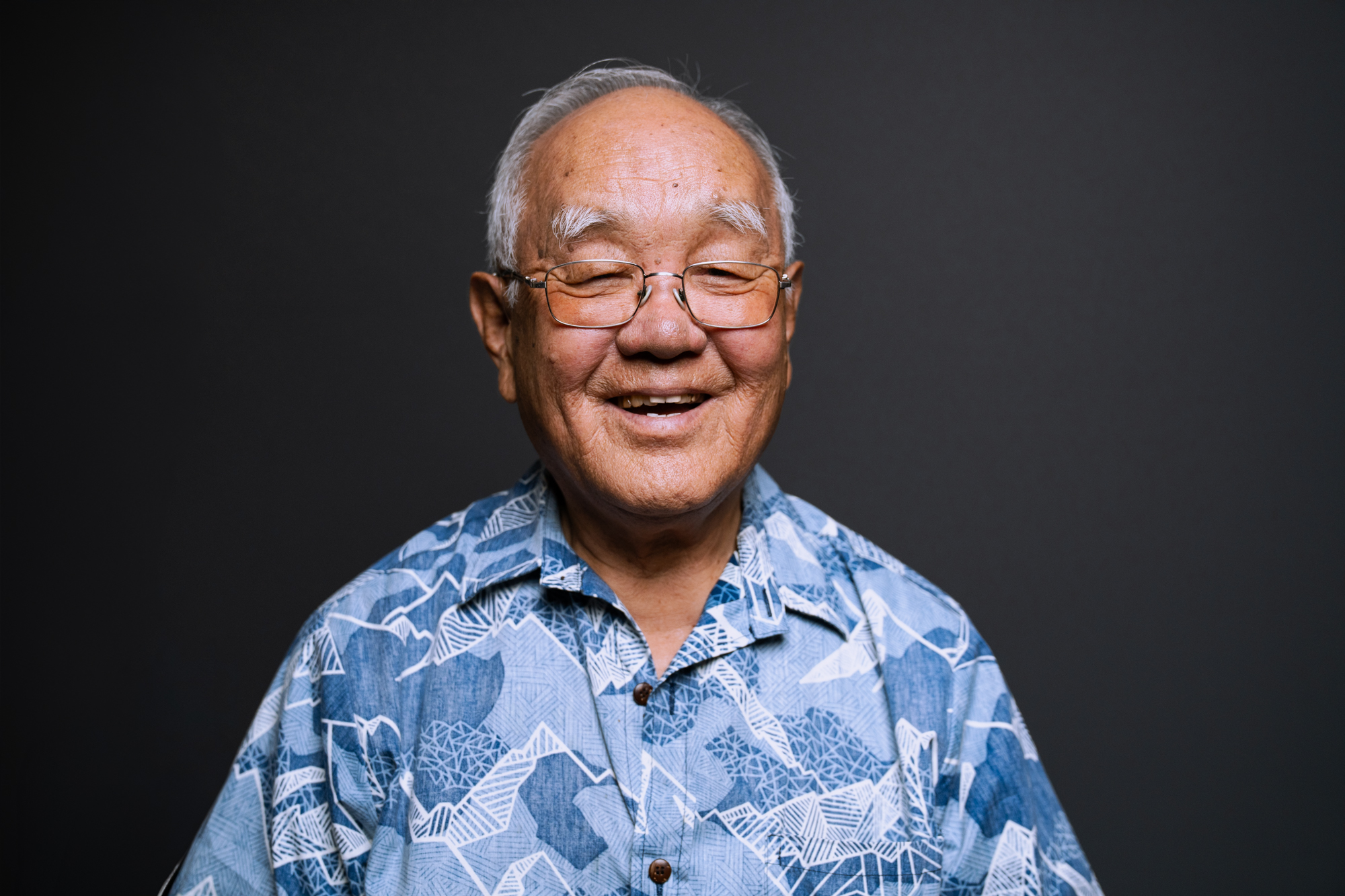
Reverend Chang Soon Lee
Born in Korea during the Japanese occupation, Reverend Chang Soon Lee reflects on a life shaped by faith, displacement, and pastoral care amid the upheavals of colonial rule, war, and migration.
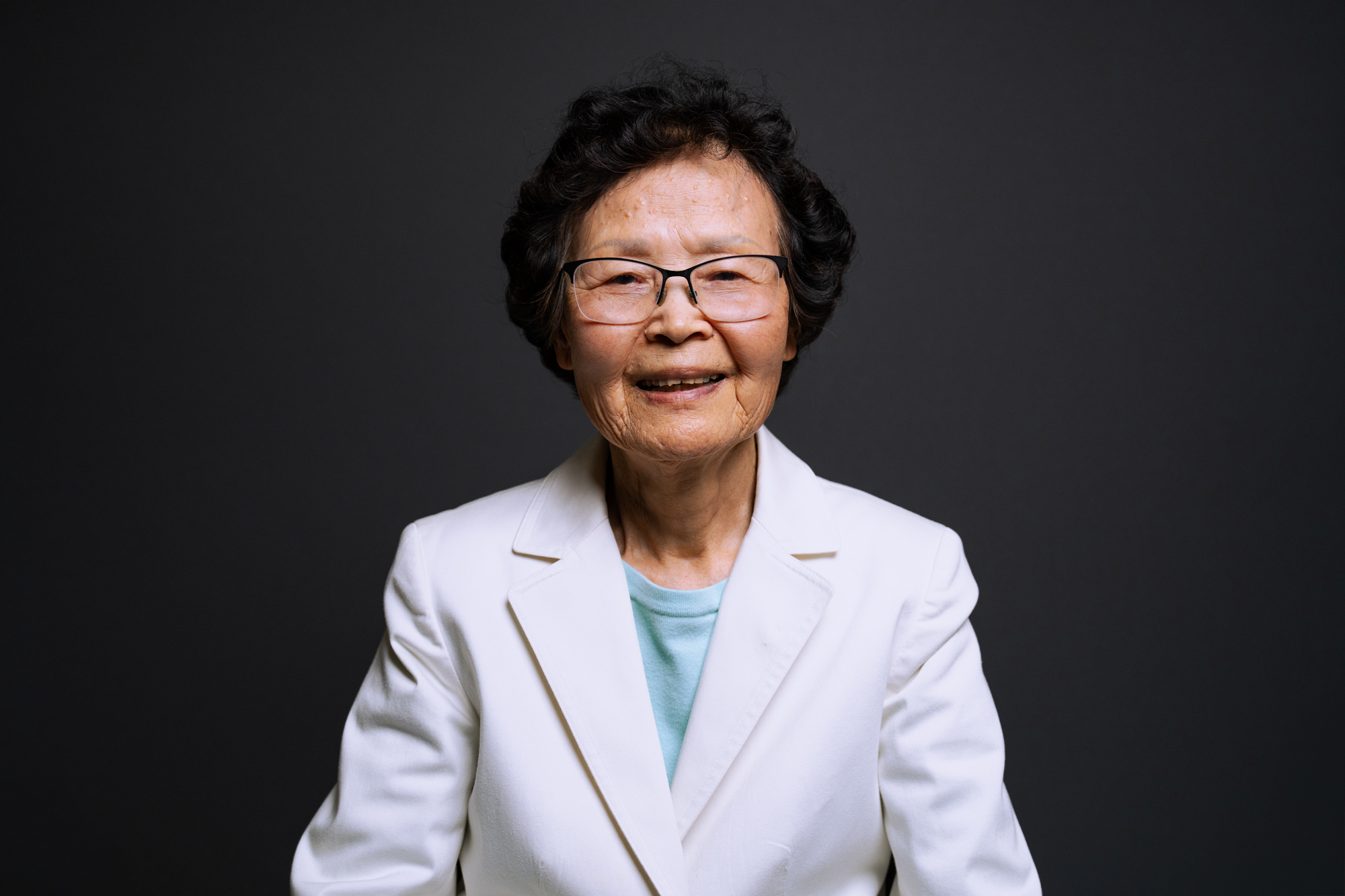
In Sook Lee
Born in 1938 in the countryside of Icheon, Korea, In Sook reflects on a childhood marked by both natural beauty and the disruptions of war.

Jae Hee Jun
Jae Hee Jun was born in a small rural village in South Chungcheong Province called Mongiya shortly before the outbreak of the Korean War.

Gil Sung Jun
Gil Sung Jun was born in 1947 in South Hamgyong. When he was only two years old, his father, an underground resistance leader, was captured and killed by North Korean secret police.
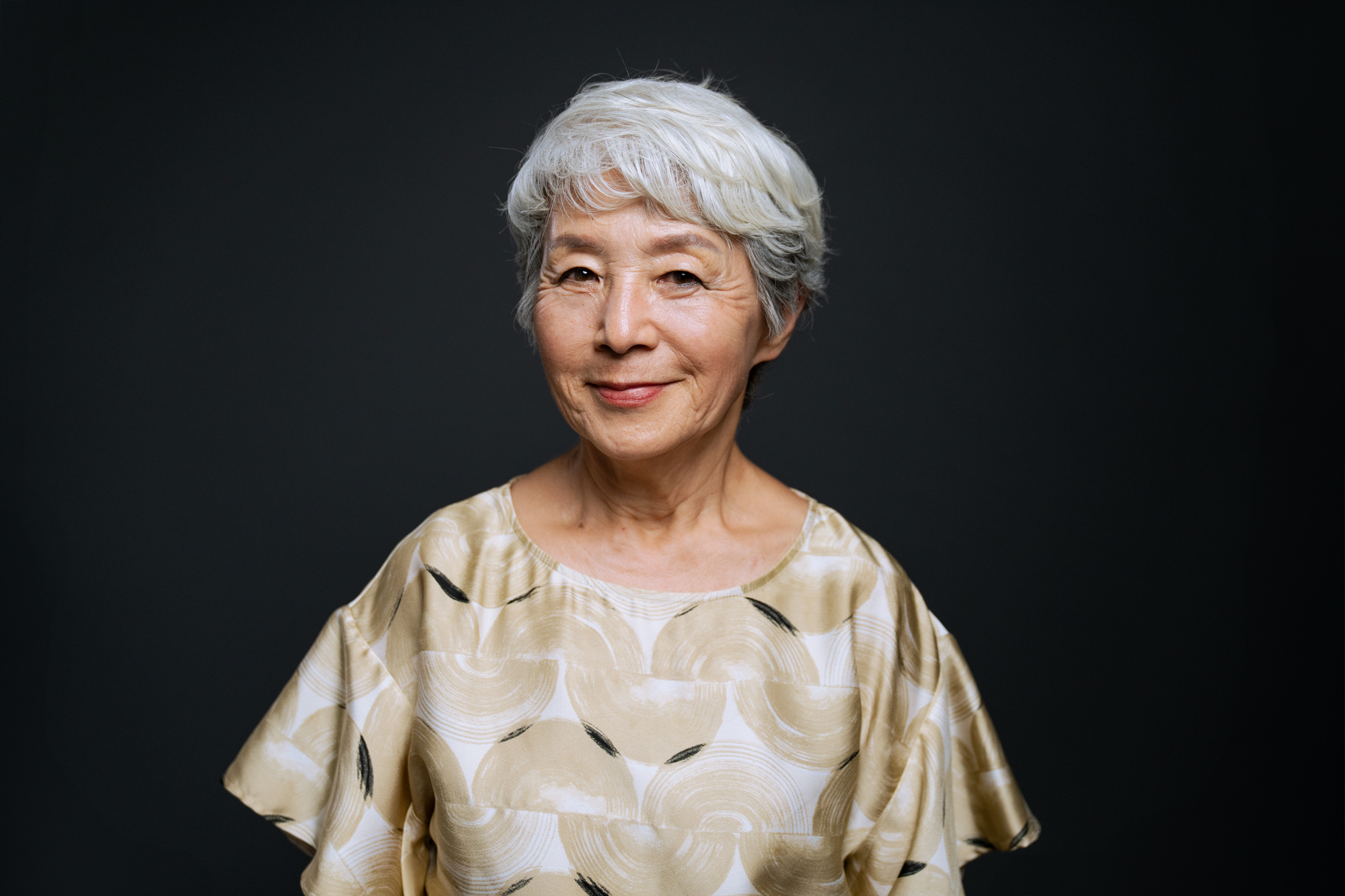
Vana Kim
Vana Kim is a writer and activist based in Los Angeles, California. Born in Seoul, Korea in 1946, her earliest memories are of the Korean War; when Seoul was bombed, her family sought refuge first in a mountain village—a distinctly healing, spiritual experience—and later in Busan for the duration of the conflict.

Happy Cleaners
"Happy Cleaners" is a feature-length film produced by KoreanAmericanStory.org about the Choi Family trying to keep their dry cleaning business afloat in Flushing, Queens.

K-Pod
K-Pod is a podcast series dedicated to the stories of Korean Americans in arts and culture.

ROAR Story Slam
The ROAR Story Slam is a live storytelling competition featuring the best Korean American stories and storytellers across the nation.

Annual Gala
Join us for our Annual Gala where we celebrate and honor three special trailblazers in the Korean American community and enjoy great entertainment.

